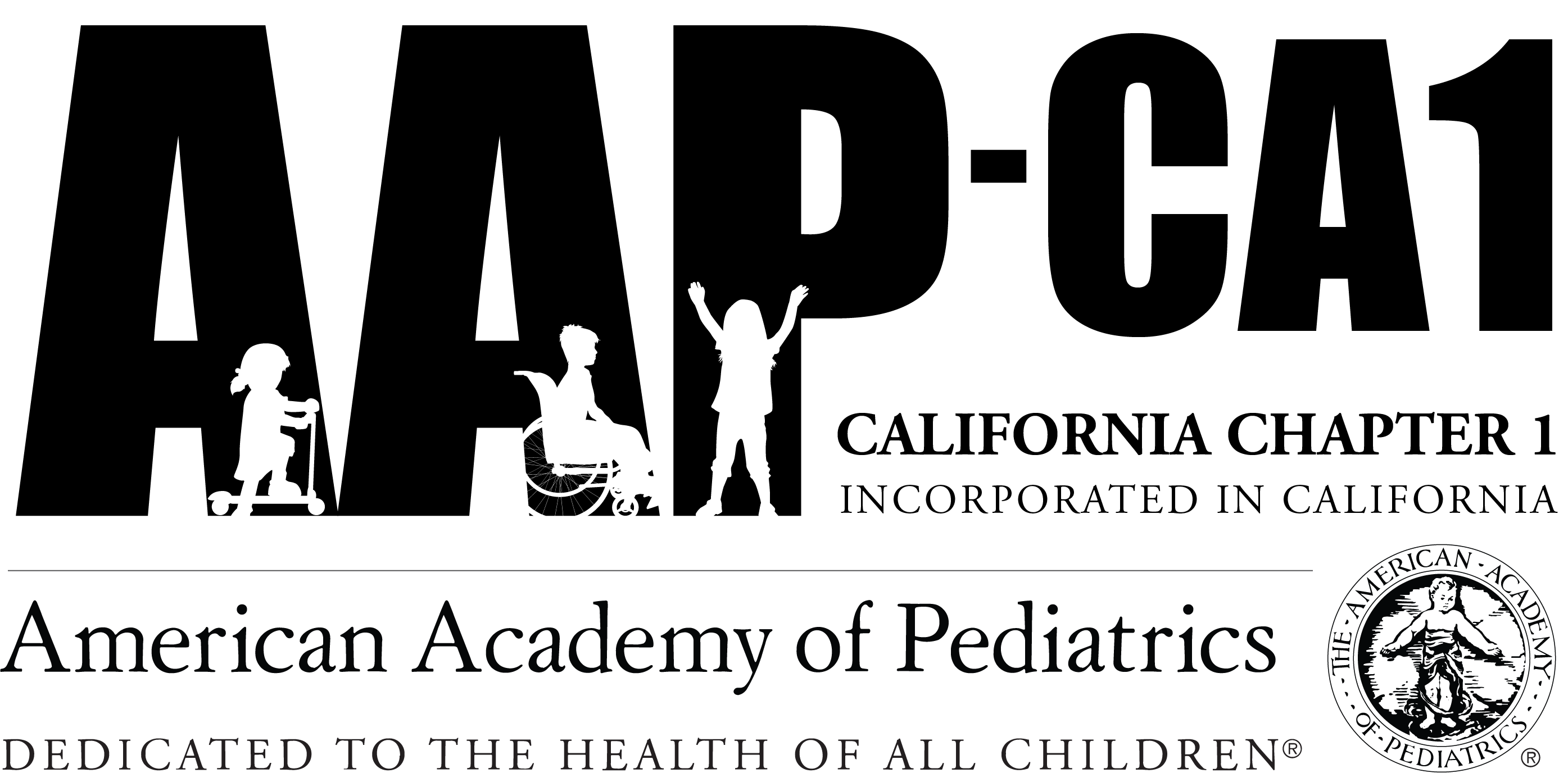Keenia Tappin, MD
Adverse childhood experiences (ACEs) have been described as the greatest public health threat facing our nation today. The landmark Adverse Childhood Experiences (ACE) Study demonstrated the long-term impact of childhood trauma and adult health. In this study, the seven categories of ACEs included psychological, physical or sexual abuse, violence against mother, living with household members who were substance abusers, mentally ill, suicidal, or imprisoned. As the number of ACEs increased, the number of negative health outcomes also increased. This study and others have shown that children with ACEs are more likely to have learning and behavioral issues, ADHD, oppositional behaviors, early initiation of sexual activity, and adolescent pregnancy (1-4). In 2019, about 423,997 children in the U.S. were in foster care, of which over 60,000 are Californians (5, 6). Children entering the foster care system are already vulnerable and at risk of experiencing ACEs during foster care and psychological distress during adulthood (1, 4). The National Survey of Child and Adolescent Well-being, a national longitudinal study of the well-being of 5,873 children, found that more than 50% of all children reported to child protective services (CPS) had experienced at least four ACEs before they even came into contact with CPS. Pediatricians and caregivers of foster children including foster parents, struggle with managing the consequences of unresolved trauma (7). A trauma-informed approach to care has the potential to mitigate these negative consequences. The Trauma Informed Care (TIC) model is used to provide education and support to foster families by helping them comprehend children’s behaviors from a trauma perspective. Foster parents have the most impact on a child’s trauma recovery as they spend the greatest amount of time with the child, but their role is underutilized. Foster families are often unaware of the impact of ACEs on children, ill-equipped on how to provide TIC, and are therefore not prepared to address the needs of foster children placed with them (8-10). The “Awareness of the ACES: Supporting Foster Families” program aims to: Objective 1: To evaluate the knowledge, awareness and understanding among foster families about ACEs and the impact of ACEs on foster children. Objective 2: To assess the perceived barriers reported by foster families to provision of a TIC approach and their foster child’s access to a medical home Objectives 3: Design a longitudinal, sustainable educational workshop regarding ACEs and the principles of trauma-informed care for caregivers of foster children. Objective 4: To identify and engage leaders from community-based organizations for foster families and determine their barriers to providing trauma informed care. Objective 5: Create a toolkit that includes resources about ACEs and TIC intervention services and promote access to medical homes. My proposal aims to build collaboration and increase support among community-based organizations and caregivers of foster children by providing them with access to information and resources regarding trauma informed care, thereby supporting these families in their parenting role.

